Understanding HVAC
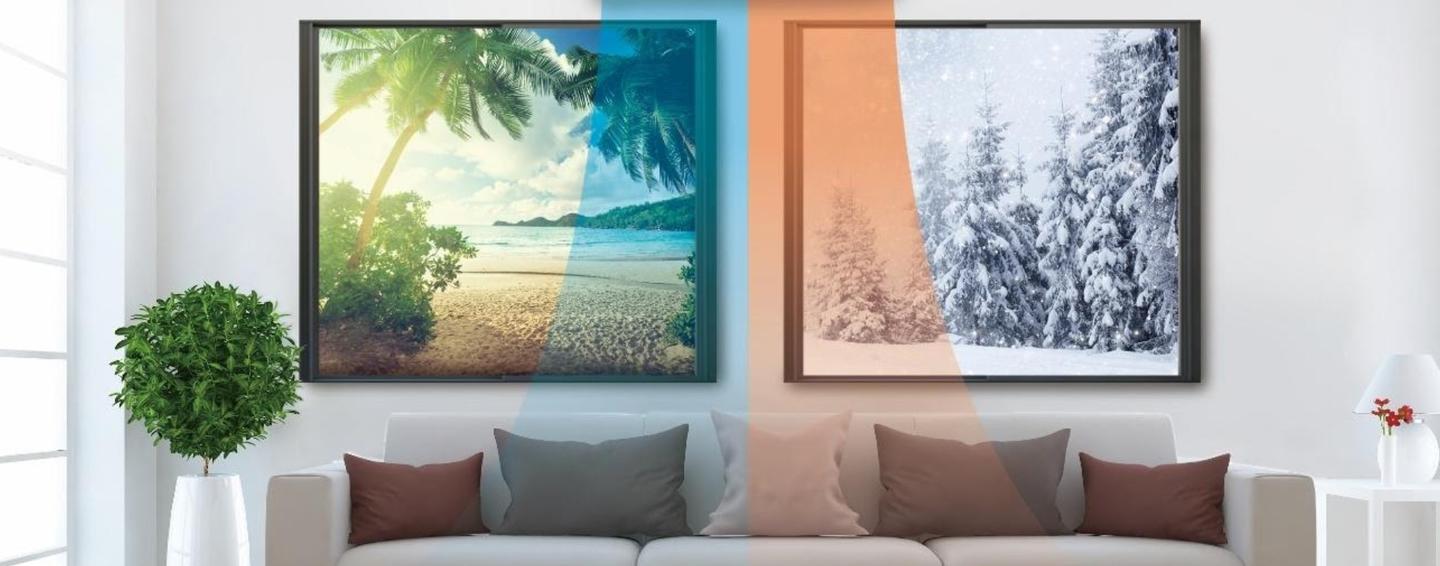
Energy efficient HVAC systems
High efficiency ductless air conditioners and heat pumps that can both cool and heat all year long.
A guide for homeowners
The term HVAC is no longer a new word that only engineering-savvy people use. HVAC, the acronym for heating, ventilation and air conditioning, is the technology of indoor environmental comfort. Lets help you demystify some of the industry terms you may hear regarding HVAC.
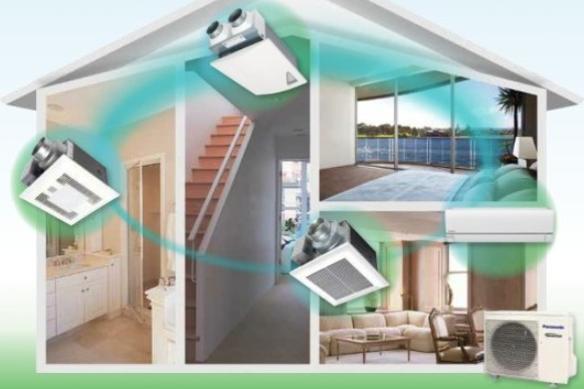
What is an HVAC System?
A Heating, Ventilation and Air Conditioning (HVAC) system maintains the indoor environment at a specified temperature and humidity level. The HVAC system draws in fresh outside air, filters it, adjusts its temperature, and then distributes it to each room, while also exhausting stale air from the building.

What is a BTU?
A British Thermal Unit (BTU) is the amount of heat required to change the temperature of 1 lb of water by 1° Fahrenheit. The indoor heating/cooling capacity of HVAC systems such as air conditioners and heat pumps is properly expressed as BTU per hour, but is often shortened to BTU.
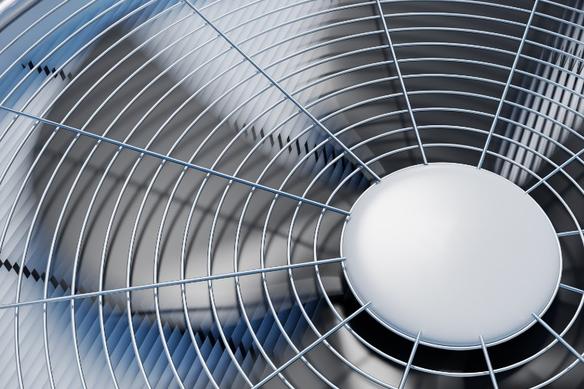
What are the Air conditioner (AC) types?
- Ductless AC is split between an outdoor unit and one or more indoor units.
- Ducted central AC features an outdoor unit and a single indoor unit connected to a network of ducts.
- Window AC and Portable AC are for cooling small spaces.
- Air source heat pumps can efficiently provide both heating and cooling.

Heat pump vs air conditioner
Heat pumps are essentially air conditioners that can be reversed in the winter to provide energy-efficient heating. A heat pump generally costs more up front than an air conditioner because it is an all-in-one home comfort solution, while an air conditioner must be paired with a heating system, purchased separately.
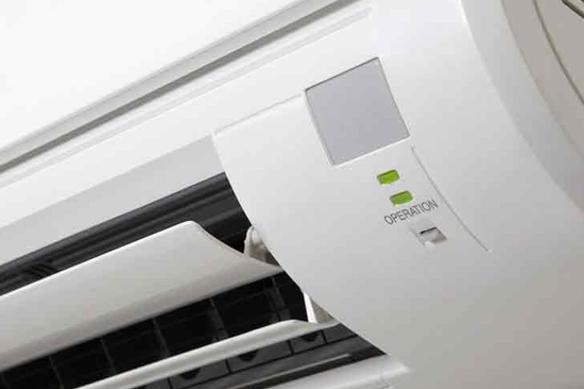
What is a mini-split?
A mini-split is a ductless air conditioner or heat pump consisting of an outdoor condenser unit and several indoor units. Each indoor unit operates independently so heating/cooling can be controlled on a room-by-room basis. Thanks to their modular design, mini-splits are highly energy efficient and easy to install, even in older houses.

What is the best ductless air conditioner?
Ductless mini-split air conditioners have become very popular in Canada for their versatility, energy efficiency, ease of installation, and convenience. Panasonic mini-splits are considered among the best on the market because they must pass a series of rigorous tests for durability, water resistance, shock resistance, efficiency, quiet operation, and electromagnetic compatibility.
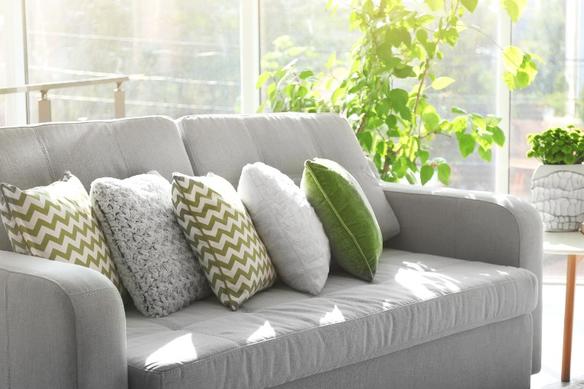
How does an HVAC system conserve energy?
Mini-split air conditioners and heat pumps efficiently control the indoor environment on a room-by-room basis, making them a smart choice for energy-conscious consumers. Innovations like Panasonic ECONAVI sensors can further reduce energy consumption by intelligently adjusting the temperature in response to the intensity of sunlight and level of human activity.

What are HVAC filtration systems?
HVAC systems like air conditioners and heat pumps use filters to remove dust, pollen and other pollutants from incoming air. A filter’s ability to capture airborne particles is described by its Minimum Efficiency Reporting Value (MERV), a number between 1 and 16. In ascending order of MERV rating, the 4 main types of filters are fibreglass, electrostatic, pleated and high-efficiency.
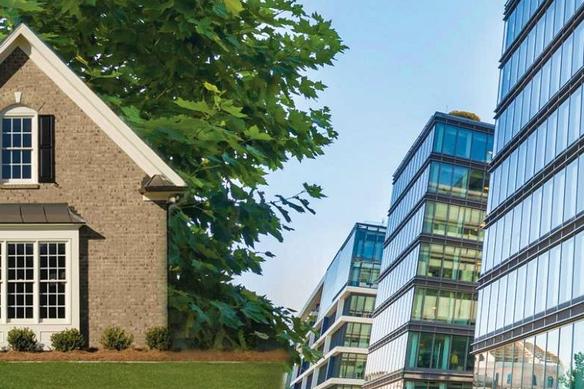
What is the difference between residential & commercial HVAC?
Residential HVAC systems typically differ from commercial HVAC in 5 key ways:
- They’re smaller
- They’re installed beside the house, not on the roof
- They have a single outdoor unit and one or more indoor units
- They’re more readily customizable
- They can be maintained by the homeowner

How do you determine HVAC cost of ownership?
Homeowners should evaluate the total cost of an HVAC system based on the initial installed cost, operating costs—energy, maintenance and repair—and expected service life. There is usually a trade-off between purchase price and energy consumption, meaning highly efficient systems cost more up front but incur lower energy costs.
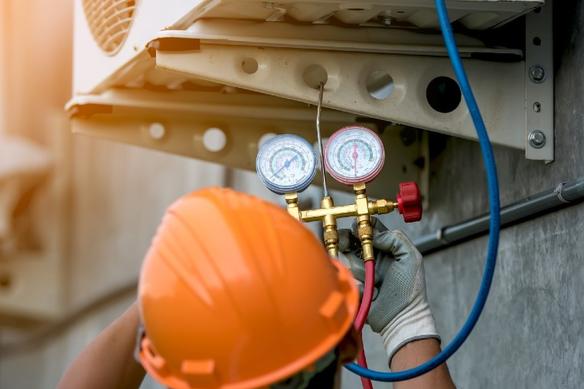
How do you install an air conditioner?
Local building codes often require permits for a new residential air conditioner or heat pump so it is highly recommended that homeowners let qualified contractors install these systems. An HVAC professional can secure the correct permits and quickly install a safe, optimized solution that is guaranteed to pass municipal inspections.
Choose the HVAC system for YOUR space
Air conditioning is about creating desired air environments for occupants or objects inside. You might not need more than one unit to cool or heat the living space of your house or apartment. For larger buildings, however, service designers and mechanical engineers are needed to design and specify HVAC systems appropriate to the analyzed requirements and limitations.
Whatever size space you have, you should work with an HVAC professional to pick one that best fits the size and requirements of the rooms, provides comfort, and saves power.

